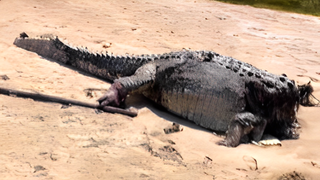Conservation
Latest about conservation

190 years after Darwin, 2-year expedition launches to retrace his voyage around the world
By Harry Baker published
The team of researchers and conservationists will collect scientific data, while also training the next generation of environmentalists.
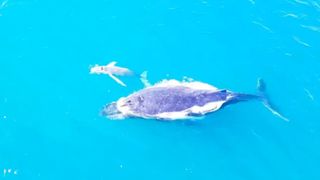
Baby Moby Dick? Rare white humpback whale calf filmed off Australia
By Emma Bryce published
The latest footage follows two other sightings of all-white, newborn humpback calves — but experts aren't convinced these whales are albino like the famous Migaloo.
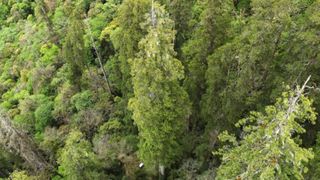
World's deepest canyon is home to Asia's tallest tree - and Chinese scientists only just found it
By Lydia Smith published
At 335 feet (102 meters) in height, the enormous newly-discovered cypress tree — which was found in a forest in Tibet — would tower over the Statue of Liberty.

Meet 'Dr. Deep Sea,' the scientist who broke the record for the longest time living underwater
By Harry Baker published
Joseph Dituri, who recently broke the record for the longest time spent living underwater, tells Live Science what he has learned during his time beneath the waves.
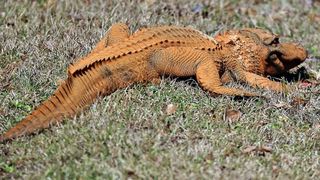
Crocodiles and gharials are getting bizarre orange 'tans' in Nepal. Here's why.
By Sascha Pare published
Researchers think it could be down to where these crocs are hanging out.
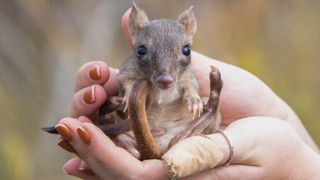
'Mini kangaroos on steroids' make comeback in South Australia after disappearing for 100 years
By Sascha Pare published
The tiny marsupials have a penchant for peanut butter, which researchers have used to help them monitor and conduct health checks on the population.
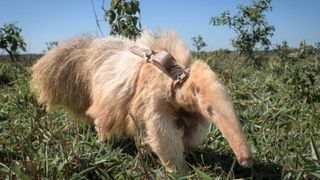
World's only known albino giant anteater appears to be thriving in the wild, photos show
By Harry Baker published
The white anteater, known as Alvin, was first spotted late last year clinging to his mother's back.

Long-extinct Tasmanian tiger may still be alive and prowling the wilderness, scientists claim
By Sascha Pare published
Based on reported sightings, some scientists say the iconic creature probably survived until the late 1980s or 1990s, but others are skeptical.
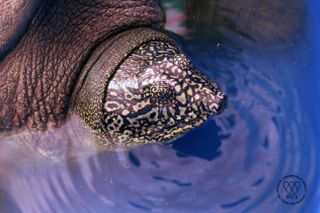
Largest freshwater turtle species doomed to extinction after last female washes up dead
By Harry Baker published
The known population of the Yangtze giant softshell turtle is now just two males. Experts said that if the female had survived, she could have "laid a hundred eggs or more a year."
Get the world’s most fascinating discoveries delivered straight to your inbox.
 Live Science Plus
Live Science Plus










